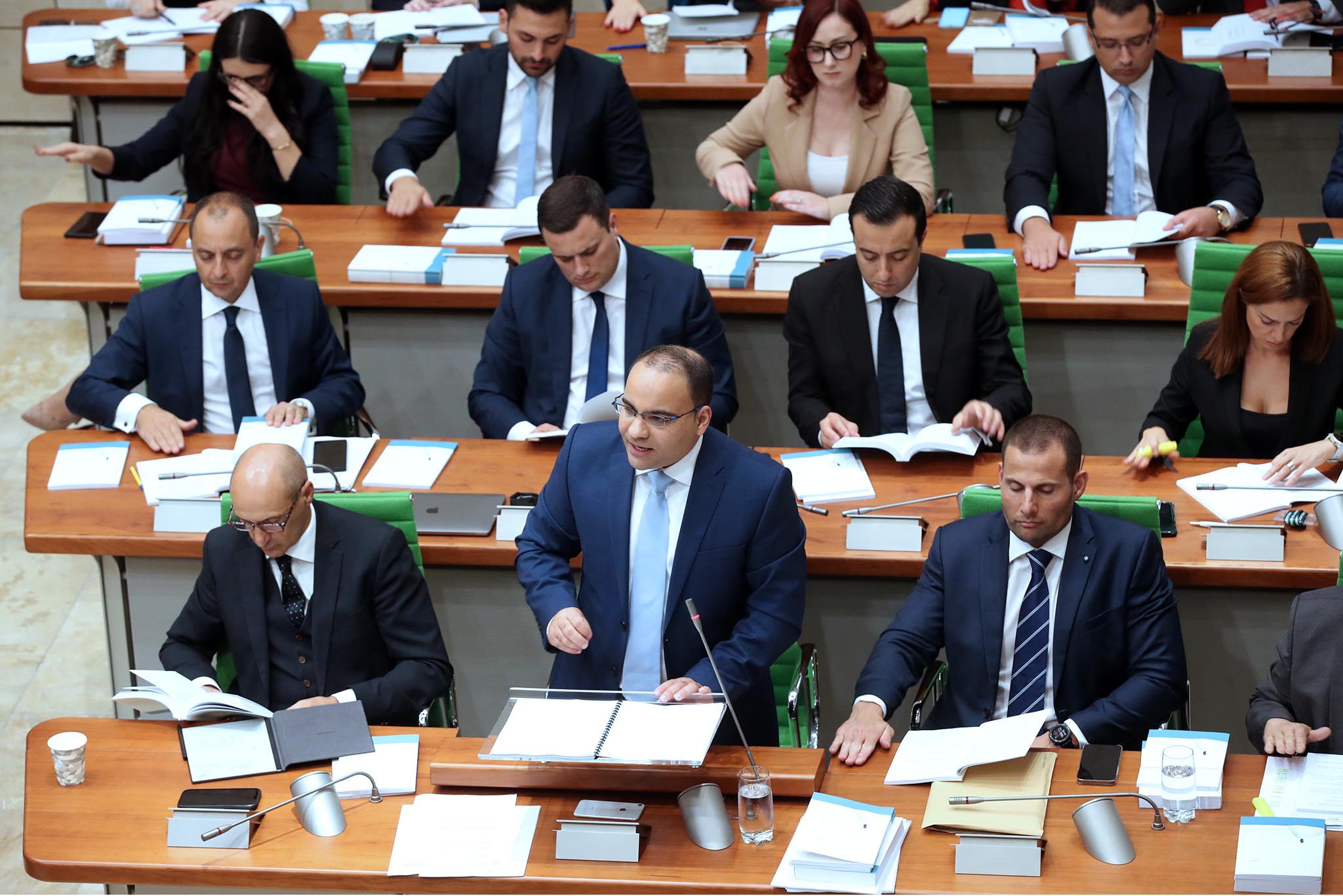Just under 2,000 companies registered more than €100,000 in pre-tax profits in 2021, according to a parliamentary question answered by Finance Minister Clyde Caruana on Wednesday (yesterday).
Malta’s corporate tax system has been under the spotlight in weeks, as it comes to terms with both the inevitable end of the tax imputation system (which allows foreign companies headquartered in Malta to pay an effective tax rate of five per cent), the eventual introduction of the global minimum corporate tax rate of 15 per cent for multinational companies earning over €750 million in revenues, and the integration of artificial intelligence in the country’s tax collection system.
Despite a notable number of companies recording sizeable profit numbers, it’s unclear how many of them pay the official tax rate of 35 per cent, or five per cent.
The difference is significant, as a company earning €2 million in profits would either be paying €700,000 or €100,000 in tax.
It is also of note that only 30 per cent of registered companies record profits, the rest either record a loss or just about break even. Speaking at a conference organised by the Institute of Financial Services Practitioners, Minister Caruana said that “an increase in compliance and efficiency would also allow Malta’s tax burden to remain relatively low in comparison to European counterparts.”
Business organisation representatives expressed disdain for those who try to game the system, and welcome reforms to the country’s tax collection system which would make it more effective in its role.
Another potential reform that was promised by the Labour Party during the 2022 general election, was to lower corporate tax to 25 per cent on the first €250,000 earned in a year. This could result in fewer than a thousand companies in Malta paying 35 per cent in corporate tax, however with increased tax compliance, may result in increased revenues for the state.
db Group reports turnover of almost €100 million and record profit as it opens bond issue to public investors
This coincides with the launch of a €60 million bond programme to support the Group’s continued expansion
Celebrating success: stories from the team behind Finco Trust
The stories of Lee-Anne Abela, Kris Vella, and Maria Mamo reflect the values that continue to guide the firm forward
Malta’s public debt ‘very much in line’ with Eurozone rules – BOV Chair
The chairperson of Malta’s largest bank shrugged off the doubling in Maltese Government debt since 2019






